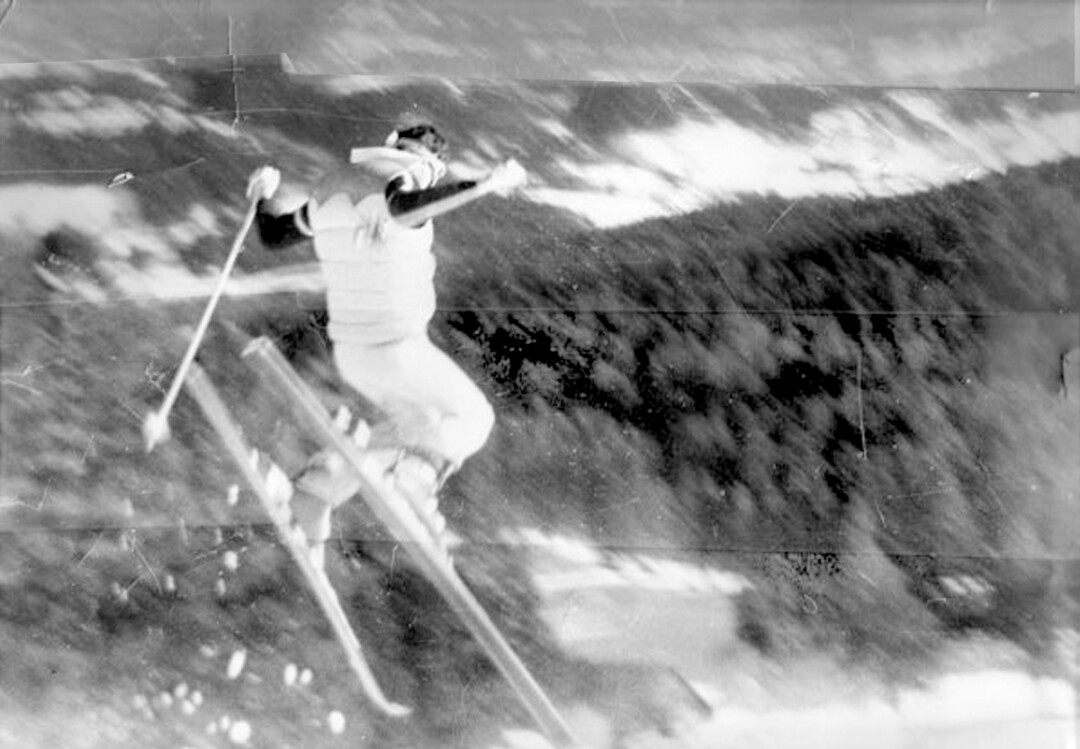How Tough is Tough?
We live in a world that loves to portray toughness. It is an American characteristic that is celebrated by all and portrayed by our pastimes of sports, our hard-working executives, and our military! But how tough is tough, and how do we learn to be tough? There are certain things we can do to prepare ourselves to be ready when we are called upon to be tough.
There is a famous quote, “Failure isn’t falling down, it’s staying down.” Often we find ourselves challenged by life events that bring disaster to our doorstep. Forest fires, floods and hurricanes, health challenges like a fall that breaks a bone, or a heart attack that stops you in your tracks are all examples of how we become forced to deal with unpleasant circumstances. When we find ourselves down on our luck, remember we can make choices that can start to alter our situation and get us going back in the right direction again. The power of choice is what gives us the grit we need to be tough.

The word “grit” in the dictionary (besides being used to describe the abrasiveness of sandpaper) is defined as unyielding courage in the face of hardship or danger. Grit comes from courage. Courage is defined as mental and moral strength to venture, persevere, and withstand danger, fear, or difficulty. The bottom line is when you have to show grit and be tough, you are going to be in an uncomfortable situation.
Learning to be comfortable being uncomfortable is the first lesson on our journey to being tough. This becomes a paradoxical dilemma because as humans we are creatures of comfort! We love our big TVs, luxury cars, fast food dinners, warm beds, hot showers, and friendly faces to interact with. We are bombarded by commercials showing us how it’s better to have the easy life and how we can spend our money or go into debt in order to have these things. If we don’t have them, we feel embarrassed and we often feel judged and looked down upon by our friends and neighbors. This is often a self-inflicted emotion, but nevertheless it is a common thread that is built into our media and commercialization.
Taking action to learn to be uncomfortable is a big first step. It is always easier to start a diet or new workout program tomorrow. You won’t have results tomorrow when you push back your plans to get better. To become tough we have to have discipline. Discipline is doing what you don’t want to do now, so you can do what you want to do later. Being uncomfortable takes discipline, but if we can see what the benefits are from our discomforts and keep focused on them, we realize that the minor discomfort now is worth the results later.
Grit and toughness both have three categories. We have to have mental toughness to maintain our discipline. We need to be physically tough to endure the discomforts we are feeling, and we need to be physiologically tough so that our brains and hormones and all the cellular connections going on in our body can withstand the stresses that are upon us, and we can have the endurance to get through the tough times.
Let’s face it, strong people are harder to kill! Strength comes from the discipline to push ourselves everyday to keep our muscles strong and limber, our joints healthy, and our endurance high. Everyone needs a workout plan to stay physically fit. Physiologically we need to be strong also to endure the stresses that life throws at us. We have two walnut-sized glands called the Adrenal glands that produce hormones to deal with stress. The hormones are cortisol and adrenalin. These hormones are small little chemical signals that produce changes in our body like increasing heart rate to move more oxygen and nutrients to our cells. To help our body physiologically, we must be able to resist the stresses of life. This comes from physiological bank account we deposit into or withdraw from each day. If we do things like getting good sleep, eating good diets, and physically taking care of our bodies with stretching and mobilization, then our physiological bank account goes up. If we continually withdraw from our bodies bank account until we go into debt, then we find ourselves in trouble and disease sets in.
Mental toughness is truly the key to being tough. If the mind is strong, the body will follow. Mental discipline comes from preparation and knowing what we need to do to be successful. Mental toughness is the inner self knowing that it can overcome the challenge ahead, knowing that the uncomfortable times will pass, the temporary discomfort will be long forgotten and the glory will persevere. There is a book written about this called “Tough times don’t last, but Tough people do” by Robert Schuller. If we have the ability to withstand the discomfort and we are healthy enough to endure the stresses placed upon us, than we will be able to see our challenges through to the end and look like “tough guys or tough girls.” We will be able to enjoy the rewards of our success through our toughness.
Toughness doesn’t come easy; that’s why it’s tough. Being tough comes from a lot of hard work and preparation for the tough times ahead. The truth, unfortunately, is often we are forced into tough times with no warning. The toughness preparation comes from making daily habits that help us prepare for the worst and hope for the best. Being prepared gives us an edge up and knowing we are ready to deal with challenges physically, physiologically, and mentally. When we are strong and tough, often the challenges before us can be overcome quickly and easily. Living a life that is healthy, natural, and optimal gives us the foundation we need to be tough against anything that comes our way.





